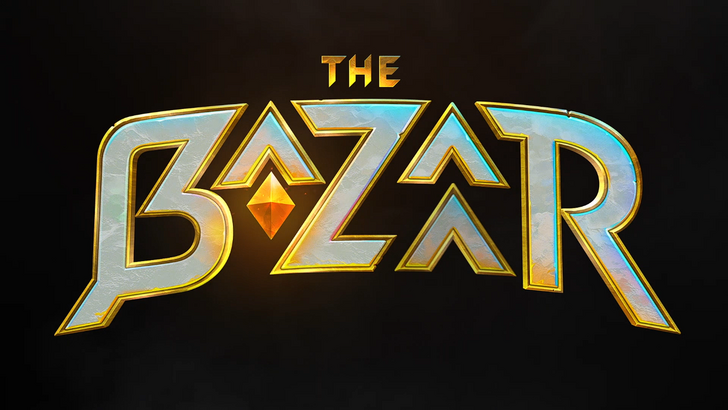In the ever-evolving world of video game development, Capcom is at the forefront of leveraging cutting-edge technology to streamline its creative processes. As game development costs continue to soar, companies like Capcom are turning to generative AI to manage the immense task of generating the "hundreds of thousands" of ideas required for in-game environments. This approach not only promises to accelerate development but also aims to reduce costs significantly.
The gaming industry has seen a surge in the use of AI, with notable examples including Call of Duty's reported use of an "AI-generated cosmetic" for Call of Duty: Modern Warfare 3 in late 2023, and EA declaring AI as "the very core" of its business. Capcom, renowned for titles like Monster Hunter: World and Exoprimal, is now exploring how AI can be integrated into its game development pipeline.
In a recent interview with Google Cloud Japan, Kazuki Abe, a technical director at Capcom, shed light on the company's AI initiatives. Abe highlighted the challenge of generating vast numbers of unique ideas, particularly for everyday objects like televisions, which require distinct designs, logos, and shapes. "Including unused ones, we ended up having to come up with hundreds of thousands of ideas," Abe noted (via Automaton).
To address this, Abe developed a system that utilizes generative AI to read game design documents and produce a multitude of ideas. This system not only speeds up the development process but also refines its output through self-feedback. The prototype, which integrates multiple AI models such as Google Gemini Pro, Gemini Flash, and Imagen, has garnered positive feedback from Capcom's internal development teams. The implementation of this AI model is expected to "reduce costs significantly" while simultaneously enhancing the quality of the output.
Currently, Capcom's use of AI is focused on this specific system, with other critical aspects of game development such as ideation, gameplay, programming, and character design remaining in the hands of human creatives. This balanced approach ensures that while AI aids in efficiency, the human touch continues to drive the core elements of game creation.







